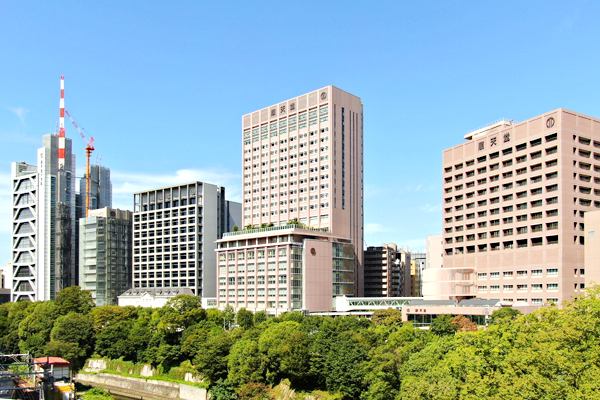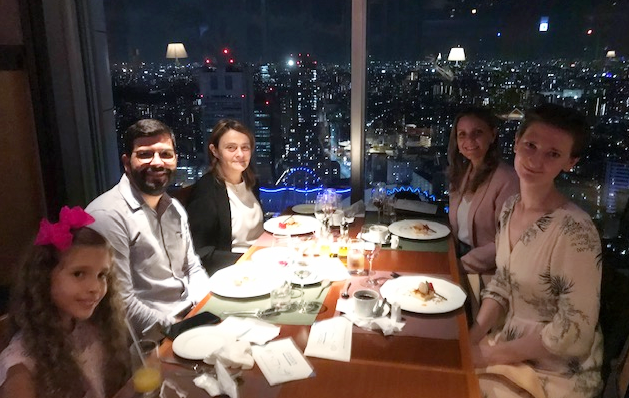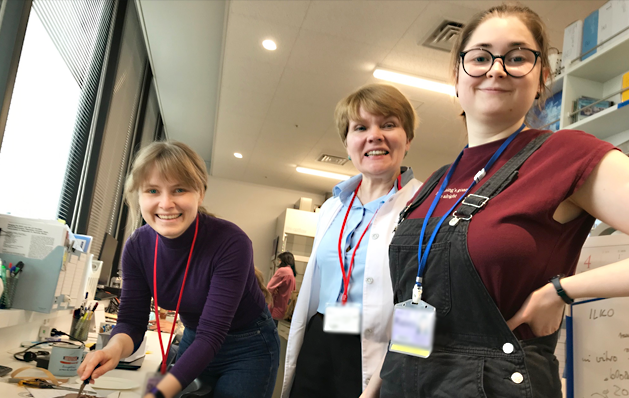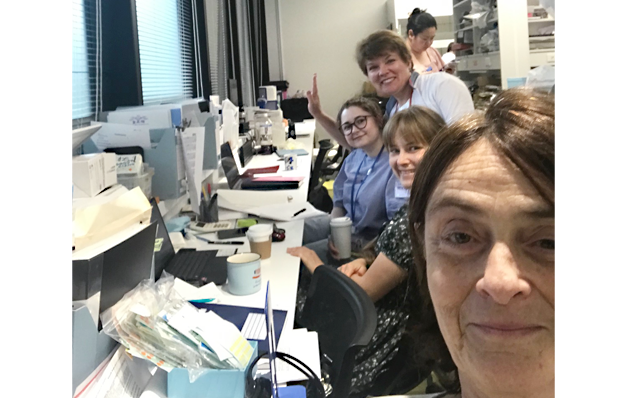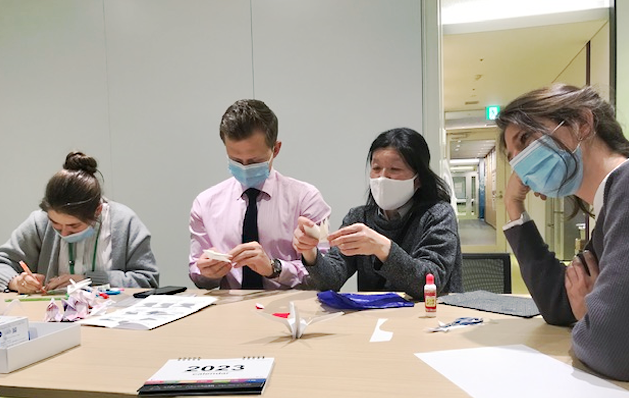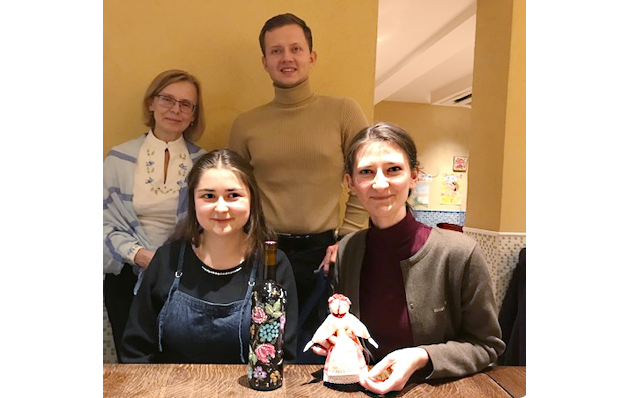Focus
The Heissig laboratory is recognized internationally for discovering protease functions' molecular and cellular basis and their role in normal and diseased tissues.
Understanding the target molecules of proteases provides critical insights into fundamental biological cellular functions. The Heissig lab seeks a comprehensive understanding of the regulatory mechanisms by which proteases control cell behavior in normal and pathological conditions, namely inflammation, cancer growth, tissue regeneration (blood vessel formation), and stem cell fate, including proliferation, differentiation, and migration.
Cellular Microenvironment
Work from the Heissig group has provided compelling evidence that changes in the protease expression pattern locally – we coined the word proteolytic niche – change the cellular and functioning environment of the tissues. Proteases enhance angiogenesis and the influx of inflammatory cells, which are critical drivers of tissue regeneration and cancer progression.
Stem cells
We have pointed out the importance of proteases in regulating the hematopoietic and cancer stem cell fate and the establishment of its supportive niche. We have shown that matrix metalloproteinases (MMPs) and factors of the fibrinolytic and coagulation system control stem cell fate (differentiation versus self-renewal) and migration.
Current Research
Currently, the Heissig laboratory is focused on elucidating the role of fibrinolytic factors, their complexes, fragments, and receptors in the inflammatory process, such as during COVID-19 infection.
Current Projects
Sodium-glucose cotransporters in cancer
Fibrinolytic factor fragments and their receptors in angiogenesis
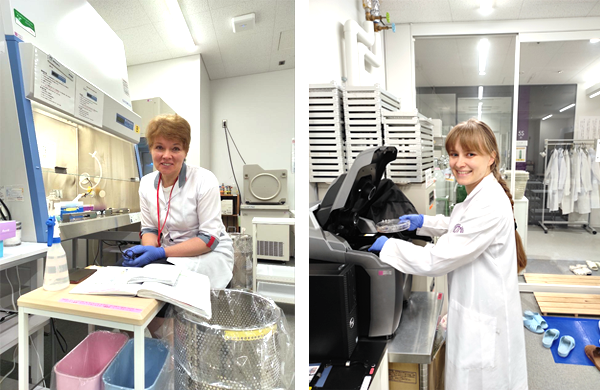
Characteristics of the Lab
Our goal is to provide an international platform for vivid scientific exchange that performs cutting-edge and highly competitive research with the potential to be translated into the clinic. Lab members include scientists from basic scientific fields and physicians who share their knowledge in the respective fields to tackle critical problems in medicine. English is the language for daily conversations and scientific interchange. The laboratory collaborates with labs in Europe, the USA, and Asia.
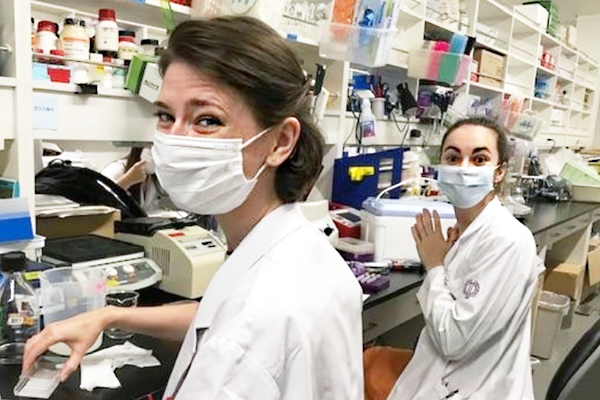
LOCATION
7th building, 5th floor, Room 5N
